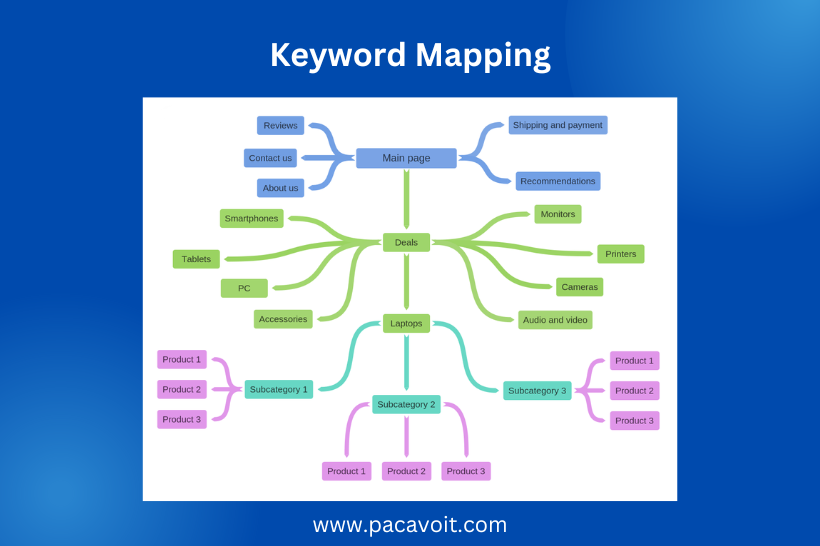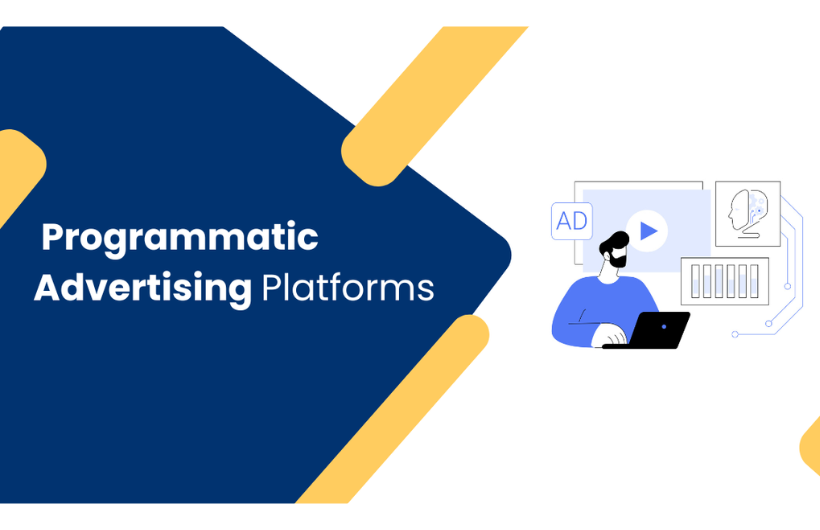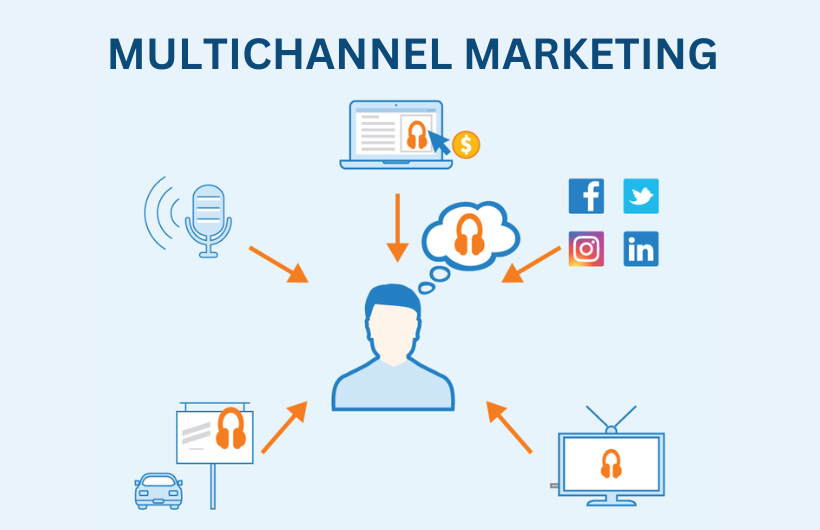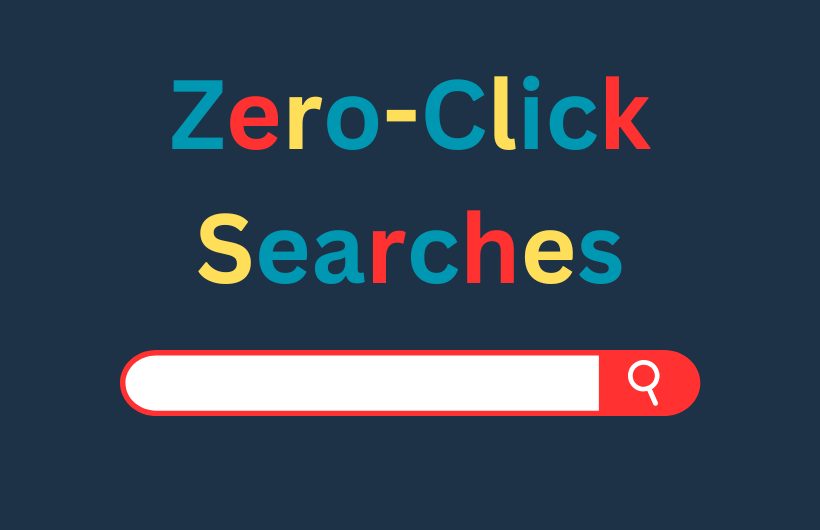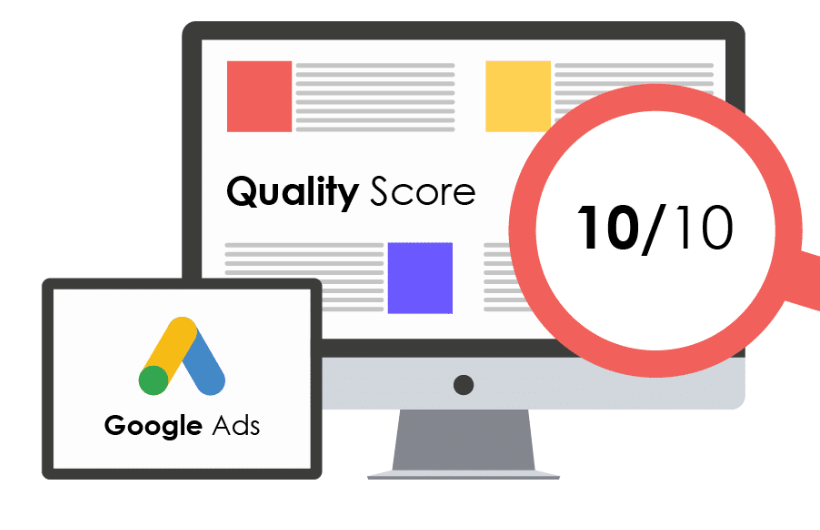Keyword mapping is crucial for achieving SEO success. It bridges the gap between your content strategy and search engine optimization by assigning the right keywords to the most relevant pages on your website. This technique ensures your content aligns with user intent and ranks effectively on search engine results pages (SERPs). In this guide, we’ll explore the ins and outs of keyword mapping, its significance, and how to create a strategic keyword map that works.
What is Keyword Mapping?
Keyword mapping assigns relevant keywords or phrases to specific web pages based on search intent. This alignment helps search engines comprehend your content’s purpose and ensures users find precisely what they’re looking for when they visit your page.
By using this technique, you avoid the pitfalls of keyword cannibalization, where multiple pages compete for the same keyword, diluting their ranking potential. Instead, keyword mapping provides clarity, structure, and a targeted approach to your SEO strategy.

Why is Keyword Mapping Important for SEO?
Improves Content Relevance
Assigning keywords strategically ensures your content remains relevant to user searches. When search engines see this alignment, they are more likely to rank your pages higher.
Prevents Keyword Cannibalization
Without proper mapping, your pages might unintentionally compete with each other. For example, two pages targeting “Best keyword research tool” may confuse search engines and hurt rankings. Keyword mapping avoids such conflicts.

Enhances User Experience
When users discover precisely what they’re searching for, they’re more inclined to remain on your site.. Keyword mapping aligns your content with user intent, improving metrics like bounce rates and dwell time.
Optimizes Internal Linking
Keyword mapping simplifies the process of structuring internal links. For instance, a blog post on “keyword research tools” can link naturally to a service page about “SEO keyword research,” boosting site navigation and authority.
How to Perform Keyword Mapping: Step-by-Step Guide
Building an effective keyword map requires following several essential steps. Let’s break them down:
Step 1: Conduct Keyword Research
Thorough SEO keyword research forms the foundation of effective keyword mapping.Utilize tools like:
- Google Keyword Planner
- SEMrush
- Ahrefs
- Ubersuggest
Seek out keywords with high search volume and low competition that align with your business objectives. Remember to include related terms such as find keywords, keyword search, and best free keyword research tool in your analysis.

Step 2: Group Keywords by Search Intent
Organize your list into categories based on search intent. These categories often fall into:
- Informational (e.g., “What is keyword mapping?”)
- Navigational (e.g., “Neil Patel keyword mapping blog”)
- Transactional (e.g., “Buy keyword research tools”)
Understanding intent ensures you assign the right keywords to the right pages.
Step 3: Analyze Your Website Structure
Review your website’s architecture to determine which pages align with each keyword group. For example:
Homepage: Broad terms like “SEO services.”
Blog Posts: Informational keywords such as “keyword analysis guide.”
Product/Service Pages: Transactional keywords like “keyword search tool.”
Step 4: Assign Keywords to Pages
Match each keyword group to a specific page. For example:
Service Page: SEO keyword research
Blog Post: Keyword research tools comparison
Landing Page: Best free keyword research tool
This strategic mapping ensures every page has a clear focus, reducing overlap.
Step 5: Optimize Content
Once you’ve assigned keywords, optimize the content for:
Focus Keyword Density: Aim for 1-2% keyword density for the focus keyword (keyword mapping).
Related Keywords: Sprinkle terms like seo keywords, keyword search, and keyword research tools naturally throughout the content.
Meta Tags and Headers: Include primary and related keywords in titles, meta descriptions, and H1/H2 tags.
Tips for Effective Keyword Mapping
Use a Visual Map
A spreadsheet or visual tool like MindMeister can make keyword mapping easier to track. Include columns for:
- Page URLs
- Focus keywords
- Related terms
- Search intent
Update Regularly
As SEO trends evolve, it’s crucial to adapt your keyword strategy accordingly.Revisit your map periodically to incorporate new keyword search tools or adjust to algorithm updates.
Avoid Over-Optimization
Incorporating keywords is important, but readability should never be compromised. Google prioritizes content that is high-quality and user-friendly over pages overloaded with keywords.
Common Keyword Mapping Mistakes to Avoid
Ignoring Search Intent
Misjudging intent can lead to targeting the wrong audience. For instance, a transactional keyword like “buy SEO tools” shouldn’t point to a blog post but to a product page.
Overlapping Keywords Across Pages
Each keyword should have one dedicated page. Overlap creates confusion for search engines and weakens your rankings.
Neglecting Related Keywords
Don’t focus solely on the primary term. Including related terms like keyword research tools or SEO keyword research adds depth and relevance.
Keyword Mapping Tools to Simplify the Process
Here are some of the best tools to assist in keyword mapping:
Google Search Console: To identify existing keyword rankings.
SEMRush: For comprehensive keyword research and competition analysis.
Ahrefs: To find long-tail keywords and track backlinks.
Ubersuggest: A beginner-friendly option for discovering related keywords.
The Role of Keyword Mapping in Overall SEO Strategy
Keyword mapping is integral to an overall SEO strategy, rather than being an isolated task.When combined with on-page optimization, content marketing, and link-building efforts, it significantly boosts your site’s visibility.
By aligning your content with user needs, keyword mapping not only improves rankings but also enhances user experience, leading to higher conversions.
Read Also: Google Ads Quality Score in 2024
Conclusion
In the competitive world of SEO, Keyword Mapping is an indispensable tool. It ensures your website targets the right audience with the right content while avoiding common pitfalls like keyword cannibalization. By using tools like keyword search tool and best free keyword research tool, you can streamline the process and craft a winning strategy.

